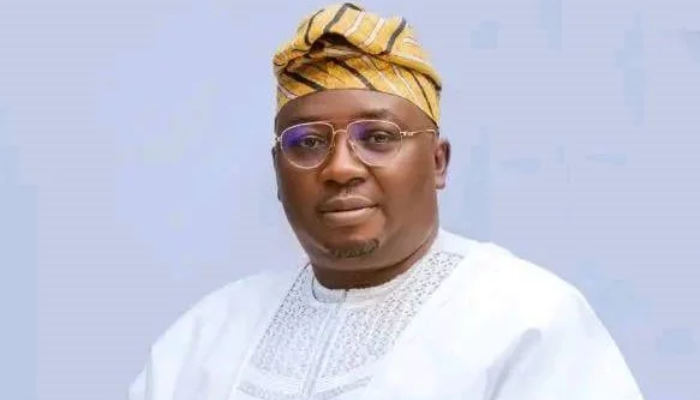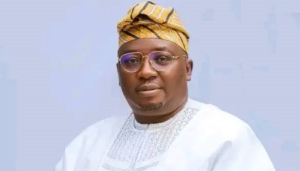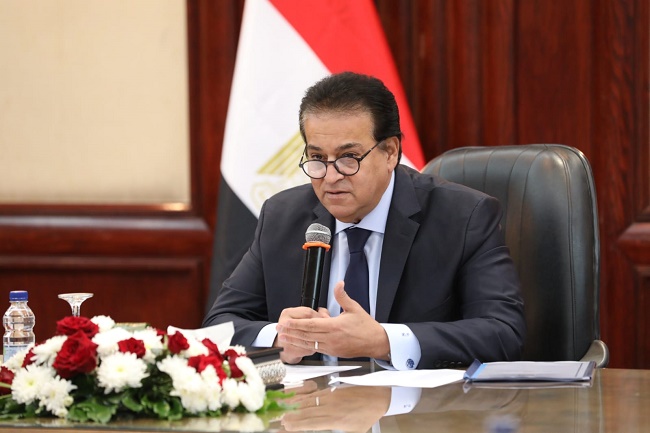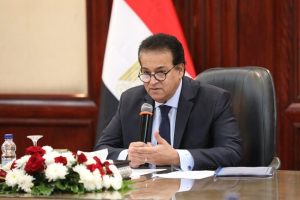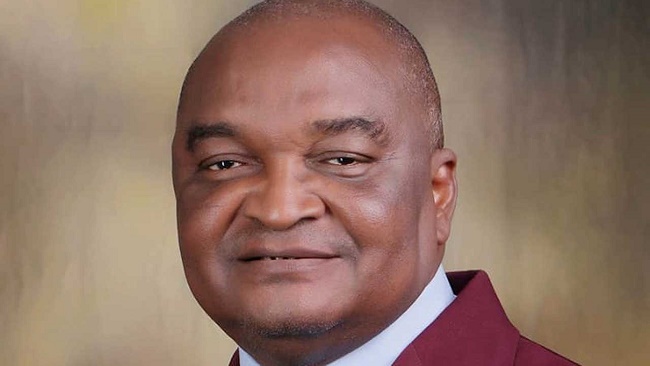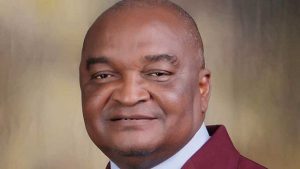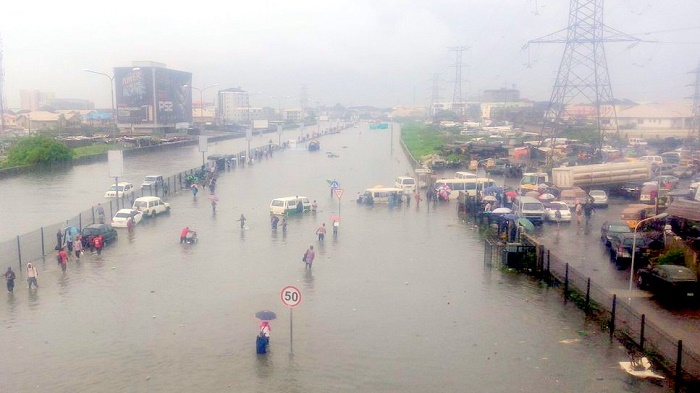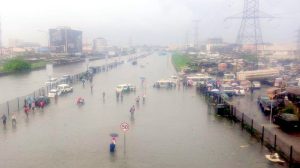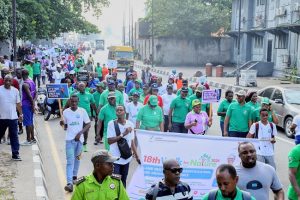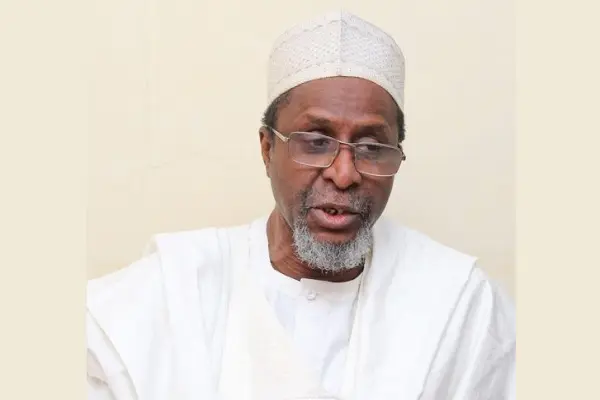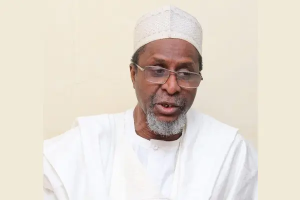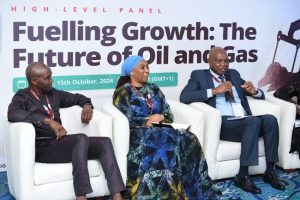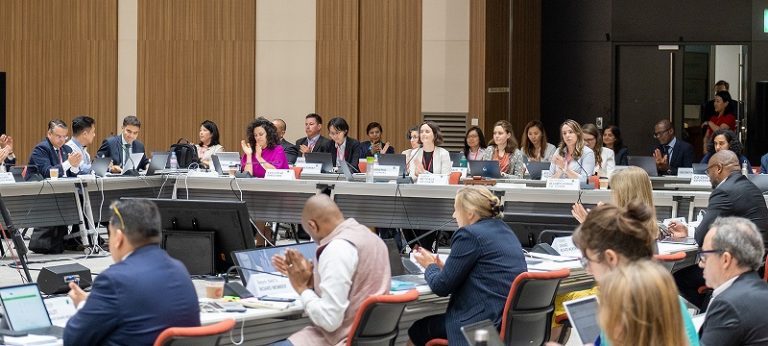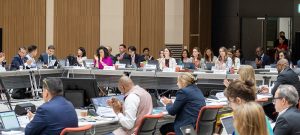A major United Nations conference on biological diversity opened on Monday, October 21, 2024, in Cali, Colombia, where 196 nations will discuss how to halt and reverse the decline of the natural world. The meeting will continue till Friday, November 1.

The 16th meeting of the Conference of the Parties (COP16) to the Convention on Biological Diversity (CBD) (or UN Biodiversity Conference) features a packed 12-day agenda designed to help humanity make “peace with nature”, in the words of host country Colombia. That process is crucial for fostering peace and supporting sustainable development, leaders are expected to argue. The gathering comes amid a precipitous decline in ecosystems around the world which is creating a “dangerous and uncertain tomorrow,” warns UN Secretary-General António Guterres.
In Cali, country representatives are discussing the implementation of the Kunming-Montreal Global Biodiversity Framework, a landmark 2022 agreement to halt and reverse nature loss. They will also explore how to channel billions of dollars to developing countries to preserve and sustainably manage biodiversity. And they will debate ground-breaking rules that could require private companies to compensate nations for advances based on genetic sequencing.
“In many ways, this is a make-or-break moment for nature and by extension many communities around the world,” says Susan Gardner, director of the Ecosystems Division at the United Nations Environment Programme (UNEP). “Environmental degradation is fueling poverty, driving displacement and sparking conflict. Over the last several years, we’ve seen countries make bold commitments to address the nature crisis. During the next two weeks, we need to see those promises turned into action.”
In 1992, 150 nations signed the Convention on Biological Diversity, a global agreement to support sustainable development by protecting the web of life on Earth. This marks the 16th Conference of the Parties (COP) to that agreement, which has since come to include 196 nations.
What will be the underlying theme of COP16?
World leaders, scientists, youth groups, finance professionals and others will be attending what has been called the “COP of the people.” They are expected to focus on the message that humanity is running out of time to save the natural world – and by extension, itself. Natural resources and the services that nature provides underpin human civilisation. But ecosystems around the world are being degraded and 1 million species are threatened with extinction.
That crisis is entrenching poverty, jeopardizing economies and undermining any chance of achieving the Sustainable Development Goals. Despite that, there is a sense of optimism heading into COP16, with environmental advocates hopeful that the international community is ready to ramp up efforts to address this nature crisis.
“For too long, humanity has viewed itself as separate from nature,” says Gardner. “That perspective is starting to shift and COP16 will be an important opportunity to re-enforce the message that humanity and nature are intrinsically linked.”
Why is COP16 important?
It will be the first time countries have gathered since adopting the Kunming-Montreal Global Biodiversity Framework in 2022. The framework contains 23 groundbreaking targets that are designed to safeguard the natural world and that come due in 2030. Countries agreed to update their national plans for delivering on those targets by the time they arrive at COP16, which will feature a status check on how nations are faring.
“For this conference to be a success, we need to see evidence that countries are stepping up and translating the ambitions of the Global Biodiversity Framework into action at the national level,” said Gardner.
What role will genetics play at COP16?
A potentially huge one. Countries have vowed to share more broadly the profits that come from advances based on the genetic information of plants, animals and other living things. This information – which includes DNA – is stored digitally and is used by companies to develop everything from beauty products to blockbuster medicines to high-yield crops.
Governments have agreed to create a funding mechanism that would channel some of the profits from the use of this so-called digital sequencing information back into biodiversity conservation and the communities that protect nature. But it is not yet specified which businesses would pay into the fund, how much they should contribute, or how money would be distributed. Negotiators will try to answer those thorny questions at COP16.
Observers say these talks will be closely watched by players in the cosmetic, pharmaceutical and agriculture sectors. One idea under discussion has suggested companies contribute 1 per cent of their profits to the funding mechanism, a number that could stretch into the tens of billions of dollars.
Will financing feature prominently in discussions?
Yes. Talks will focus on how to scale up the amount of money dedicated to nature. The Kunming-Montreal Global Biodiversity Framework calls for countries to slash environmentally harmful subsidies by US$500 billion per year, and to spend US$200 billion annually on implementing their national biodiversity plans.
As part of this agreement, developed nations have committed to provide developing nations with US$20 billion annually to support biodiversity-related work, by 2025. At COP16, discussions will take place on the institutional arrangements for biodiversity finance and countries are expected to adopt an updated approach to mobilizing financial resources. Progress on those points would be an “important early signal” that developed countries are committed to delivering on the ambitions of the Global Biodiversity Framework, said Gardner.
“Funding is crucial to the success of the Global Biodiversity Framework,” she added. “Without it, we’ll be stuck in neutral whilst trying to move uphill.”
The agenda for COP16 focuses heavily on Indigenous Peoples. Why is that?
In many ways, they hold the key to a healthy natural world. Indigenous Peoples manage or have tenure rights over more than one-quarter of the world’s land area, including many of its most ecologically intact landscapes. But Indigenous Peoples, along with people of African descent and local communities, are often not at the table when it comes to making decisions about the natural world.
At COP16, negotiators will discuss a programme of work on traditional knowledge and practices, and the creation of a subsidiary body that would strengthen participation of Indigenous Peoples in the Convention on Biological Diversity. “Indigenous Peoples have been a foundation for conservation and have significant knowledge to share with the wider world,” says Gardner.


